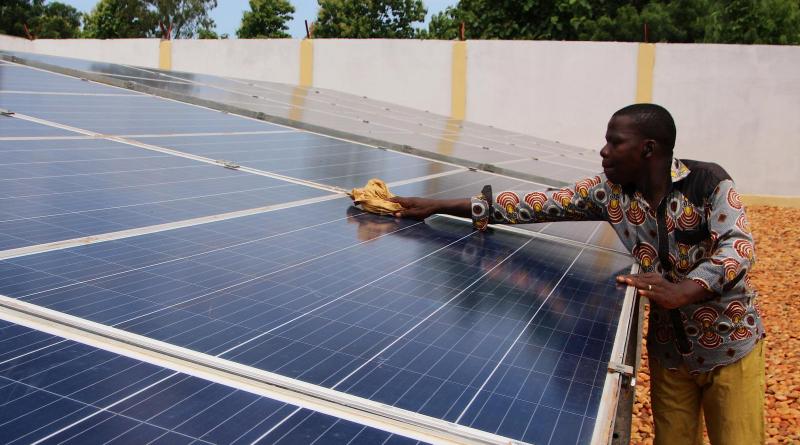Bill Gates-led $1 billion fund expands its portfolio of startups fighting climate change.

The world needs to deploy and scale technologies that cut emissions—and fast. Breakthrough Energy Ventures (BEV), a $1 billion fund led by Bill Gates, aims to fund those technologies. Founded in 2016, the fund’s pursuits are supported by Gates’s billionaire friends, including Reliance’s Mukesh Ambani, Amazon’s Jeff Bezos, former New York City mayor Michael Bloomberg, Virgin’s Richard Branson, Alibaba’s Jack Ma, and SoftBank’s Masayoshi Son.
To be eligible for BEV’s money, a startup needs to showcase a scientifically sound technology that has the potential to reduce annual global greenhouse-gas emissions by at least 500 million metric tons. Global emissions currently measure about 40 billion metric tons a year.
Startups that have these technologies usually struggle to scale, either because the engineering challenge is too big or the business environment to support the companies doesn’t exist. These companies need “patient capital,” and that’s why, unlike most venture funds, BEV is fine if its investments don’t provide a return for up to 20 years.
In Sept. 2018, Quartz revealed the first nine investments made by BEV. It included three startups building energy-storage technologies, two using microbes to cut emissions in agriculture products, and one each working on low-carbon cement, cheap geothermal power, nuclear fusion, and a solar-powered technology to collect water from the air. Eight were based in the US and one in Canada.
In the 12 months since the last tranche of investments, BEV has found 10 more companies that it thinks could help the world cut emissions drastically.
- Arnergy: A Nigerian startup that deploys solar-power solutions for small businesses to provide reliable electricity.
- Baseload Capital: A specialized investment entity based in Sweden that funds the deployment of technology developed by the startup Climeon, which uses waste heat to generate power.
- Boston Metal: A Boston-based startup that uses electricity, instead of coke, to convert iron ore into iron.
- Kobold Metals: A San Francisco-based startup that uses artificial intelligence to accelerate the search for ethical sources of the metals, like cobalt, needed to make lithium-ion batteries.
- Max: A Nigerian ride-sharing app that deploys two-wheeled motorcycles to move people in cities more safely. BEV’s money will help electrify Max’s fleet lowering emissions.
- Malta: A Boston-based startup that has developed a way to store renewable electricity in the form of heat and cold.
- Motif: A Boston-based startup that develops low-carbon alternatives for everyday food ingredients.
- Sierra Energy: A startup spun out of University of California, Davis that uses oxygen and steam to break down waste into gases, which can be used to make synthetic fuels. The process leaves behind solids or metals that can be safely discarded or reused.
- Spark Meter: A Kenyan startup that develops cheap smart meters to grow reliable access to electricity in poor countries.
- Sustainable Bioproducts: A Chicago-based startup whose fermentation technology creates low-carbon proteins that can be used as nutrients for food.
Unlike BEV’s previous investments, these companies aren’t just based in North America. Four of the 10 startups are based in Nigeria, Kenya, and Sweden. For a change, one of the startups has a woman serving as CEO, and a few others have women in C-suite positions. But as with the broader technology sector, the group is still a long way from catching up on gender balance.
BEV’s investments are a signal to clean-tech investors that certain areas are ripe for investment. Following BEV’s push into non-battery energy storage solutions in its first round, SoftBank’s $100 billion Vision Fund decided to invest in Energy Vault, a company that stores energy in stacked concrete blocks.
That said, BEV’s portfolio also includes companies that aren’t focused on the clean electricity sector. More than three-quarters of global emissions come from agriculture, transport, buildings, and industry of all kinds, including manufacturing. Investors are yet to catch up with BEV in investing in those sectors.
26 August 2019
QUARTZ





